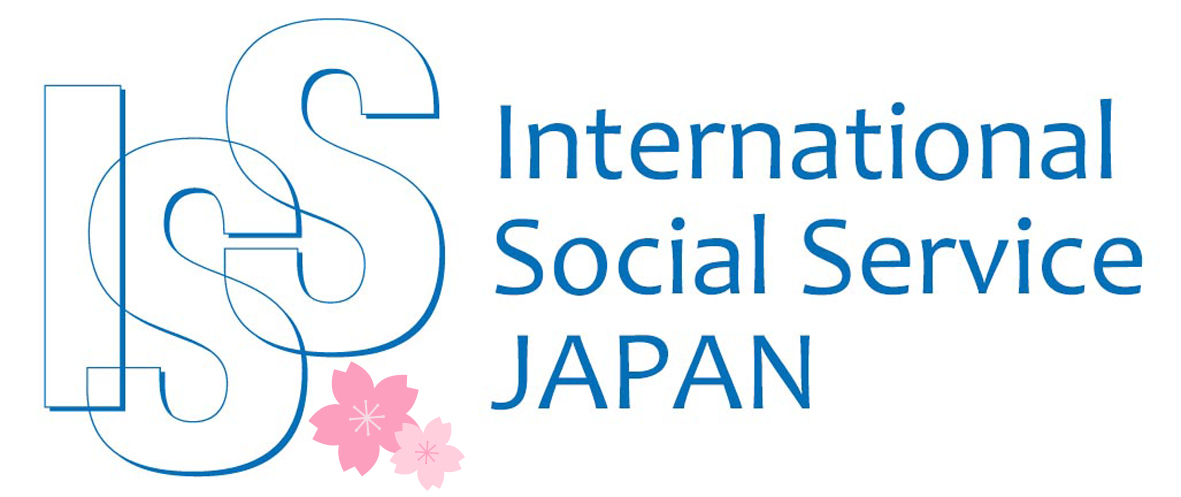 ISSJ’s adoptions are in the best interest of the child and we think adoptions are for those children who need family, not for prospective adoptive parents. We follow the 1993 Hague Convention on Protection of Children and Co-operation in Respect of Intercountry Adoption as well as the UN Convention of the Rights of the Child.
ISSJ’s adoptions are in the best interest of the child and we think adoptions are for those children who need family, not for prospective adoptive parents. We follow the 1993 Hague Convention on Protection of Children and Co-operation in Respect of Intercountry Adoption as well as the UN Convention of the Rights of the Child.
The 1993 Hague Convention on Protection of Children and Co-operation in Respect of Intercountry Adoption
ISSJ thinks that the child should grow up happily in home where it is best for their well-being and where love and understanding are provided. In addition, children should not be torn apart from their birth family without proper assessment. Thus, the counselling with the birth parents is very important. Only if a suitable family is not found in their original country, then we take inter-country adoption into consideration to provide a permanent home for the child. We will protect the rights of the child and be sure to have the child’s best interests even for inter-country adoption cases.
Home Study
The home study is the process for ISSJ to get to know the prospective adoptive parents. Through the home study, ISSJ hopes to make a best matching for the child.
The home study processes consists of series of interviews, collecting paperwork/submitting paperwork, in addition to a visit to the family’s home. In order to affirm your motivation for adopting, we will ask why you want to adopt, why you want to become parents, and what you can provide for the child. We want you to have a clear image of what you will be like as parents.
We want you to look back your background, family and life history, the relationship between your parents and your siblings, and things that happened in your past, and consider how these things help shaped your life and your values.
For married couples, we examine what you think are strengths and weaknesses individually and as a couple. In addition, we look at how you communicate, as well as how you deal with problems, conflicts, uncertainty, and stress. At the same time, we will ask you about the type of child you are looking for. It is important to consider what type of child you can take care of, and what kind of child might be too difficult to handle and we will ask you reasons.
There is no right answer during this home study. Going through your values and thoughts with your case worker, we hope to find the best match for a child.
